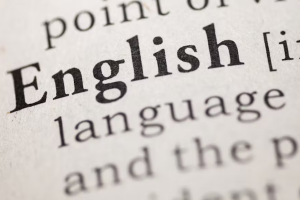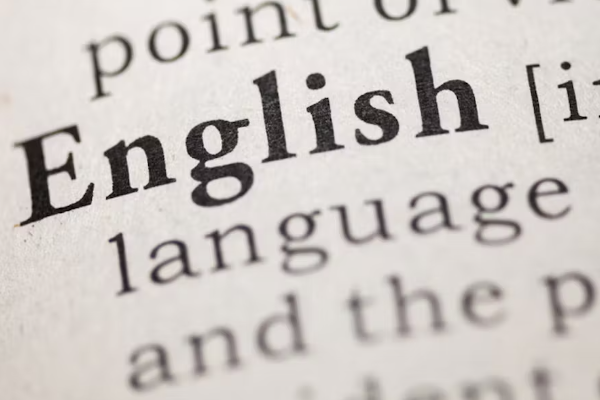There are many occasions in life when you’ll require legal advice. It could be in connection with preparing a will, making complicated financial arrangements or even in the case of a divorce. You might find yourself in dispute with a neighbour, your employer or the local council. In all these situations legal expertise can be invaluable in finding an acceptable resolution.
Certain legal circumstances require what is called independent legal advice (ILA). In most cases they relate to matters of property which are more complex than a standard sale and purchase.
What is ILA? If you become party to certain types of transaction the other parties will have their own solicitors to act in their interests. On the face of it, the simplest thing for you would be for one of these solicitors to advise you as well. After all, they’re familiar with the case so why bring in another advisor? Let’s consider this in the context of a common situation.
The ILA Requirement
In a simple mortgage-funded purchase your solicitor will usually act on behalf of your lender as well, since the transaction is straightforward and there is no conflict of interest. However, consider the case of a mortgage loan which is being granted to someone else, perhaps a relative or a friend, but the lender is not satisfied with the borrower’s ability to service the loan. You have offered to guarantee the loan from your funds, or to put up an asset of your own as security. This is a situation in which you will be required to have your own ILA to ensure you understand the implications of the responsibility you’re assuming and to protect you from entering into an agreement that puts you at undue risk.
The Lender’s Position
The lender will make it a condition that you have independent advice, not least because if any dispute should arise later, lack of such advice could be grounds for a court to declare the agreement invalid. An important precedent was set by the House of Lords ruling in the case of RBS v Etridge which clarified the law of undue influence. Without ILA, it can be successfully argued that the guarantor of the loan was not able to give informed consent, a vital element of the agreement.

The Benefit to You
Even without the lender’s insistence, you should take ILA for your own benefit. This will give you a clear picture of your rights and obligations which is essential in any contractual arrangement. The independent advisor will explain to you the exact nature of the documents you’re being asked to sign and the potential financial danger to you – including, in the worst case, bankruptcy. They will also clarify the extent of your commitment, whether any other assets might be at risk and the possibility of the lender varying the terms or the amount of the loan. The advice you receive will be in plain English, demystifying the often-impenetrable language used in the documentation.

Finding a solicitor who will give this advice at an affordable price without being involved in the main agreement can be difficult. If this proves to be the case then a legal concierge service such as Sam Conveyancing offers an effective solution. Instead of relying on Google or sticking a pin in the yellow pages, you’ll have a panel of legal and property professionals to choose from, invaluable in complex conveyancing matters.
Once the solicitor is satisfied their advisory duty has been fully discharged, they will issue a confirmatory certificate which you and they will sign. The transaction can then proceed to completion.




